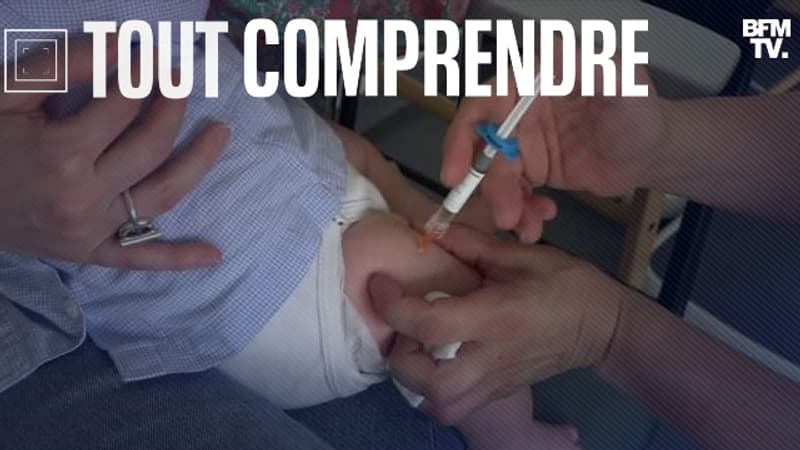Babies wanted. A preventive treatment against the respiratory syncytial virus (RSV), responsible for bronchiolitis, has been tested since September for babies in several French hospitals.
The serum, approved at the end of 2022 by the European Commission, still needs volunteers to carry out the clinical trial.
• What is the planned study?
The study, called “Harmony”, should last 12 months. The volunteers are first injected into the thigh with nirsevimab, a serum developed by the laboratories Sanofi and AstraZeneca, or its placebo.
Then, the family must complete an electronic notebook for six months, to collect information on the effectiveness of the antibody developed. Finally, after one year, a telephone exchange between the volunteer’s parents and the vaccine research center should conclude the trial.
• Who can volunteer?
The vaccine is intended for babies up to one year of age. More precisely, any child born after February 6, 2022 can participate in this clinical trial. Hospitals all over France are participating in this trial, such as in Rouen, Bordeaux or Lille.
In total, doctors hope to test the serum in thousands of children, up to 28,860 in all. The trial is open to children residing in France, but also to residents of Germany and the United Kingdom.
• What do we know about the analyzed serum?
The serum, which will be sold under the name Beyfortus, isn’t exactly a vaccine. But it is, like a vaccine, a preventative treatment.
Unlike vaccines that use traditional technologies, the serum consists of a monoclonal antibody, that is, a synthetic antibody, developed in the laboratory. This particularity means that it offers a so-called passive immunity to the infant.
In the case of a classic vaccine, the treatment allows an organism to develop its own antibodies.
• Why is study essential?
The study has one objective: to prevent the development of the respiratory syncytial virus (RSV), responsible for bronchiolitis, in babies, while France is experiencing a particularly strong epidemic this winter, in addition to flu and covid.
If the bronchiolitis is mostly mild, this respiratory disease can take severe forms, especially in infants, and require a visit to the emergency room, or even hospitalization.
Pfizer estimates that around 102,000 children die from RSV each year worldwide, half of them under six months of age.
• How is this a scoop?
Currently, there is no vaccine against bronchiolitis. Only one preventive treatment against the disease has been developed, it is palivizumab, marketed under the name of Synagis by the AstraZeneca laboratory.
It consists of an intramuscular injection to be performed every four weeks during the epidemic season. It is only feasible in a hospital setting.
Therefore, a restrictive dose and reserved for babies with higher risk or very premature babies. Therefore, a vaccine open to all babies would be a more effective way to combat the disease.
• Are there other vaccines in preparation?
In addition to the serum developed by Sanofi and AstraZeneca, the Pfizer lab is also working on a vaccine against bronchiolitis. In early November it announced that it had obtained positive results, paving the way for future authorization.
Some thirty vaccines or monoclonal antibodies were also in the clinical trial phase last summer, according to the scientific journal Lancet Infectious Diseases.
Source: BFM TV


